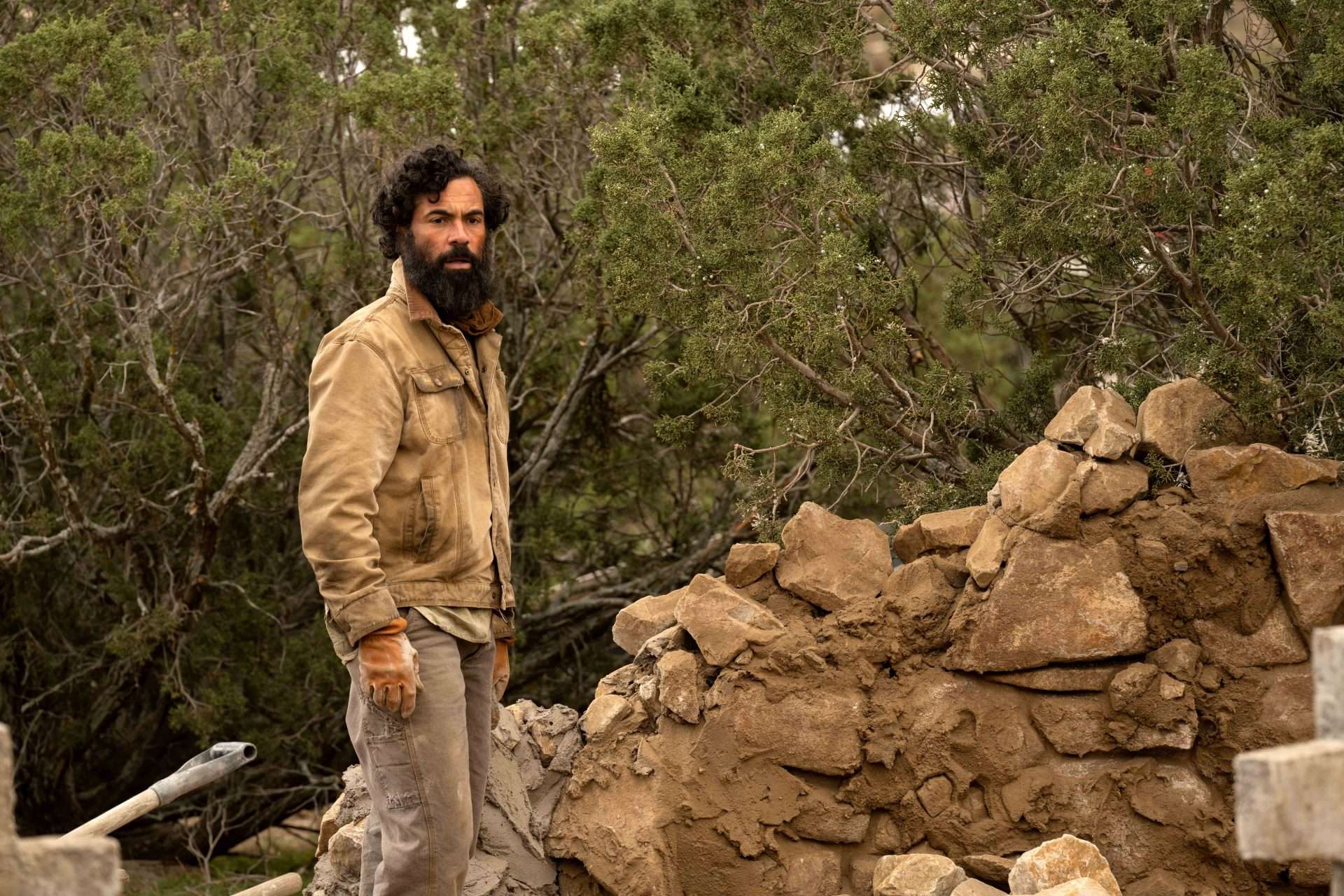The hangover of “Narcos” looms heavily over Chris Brancato’s new show, “Hotel Cocaine.” Although the settings of the two shows are different, the eras are closely placed, and it doesn’t take much of a perceptive viewer to intuit both have partially sprung from the same mind, i.e., Brancato. While it may be unfair to judge the new season through the lens of expectations imposed by the older and globally renowned “Narcos,” “Hotel Cocaine” seems at times too unadventurous in its daring to present a world that feels immediate, fresh, and specific.
It is no fault of the new show that it has an inherent spiritual similarity with “Narcos” or the regular, resultant stock of dramas around drugs and criminal mafia. Problems arise when it leans too often into familiar tropes and crises-driven situations to make its own individual choice ring out with clarity and requisite zing. It is as if the screenplay, which has been written by six people, cannot see beyond the mesh of established narrative beats within this genre, pushing it towards predictability.
Opening in 1978, the series kicks off with its protagonist, Roman Compte (Danny Pino), relating a brief, generic history of Miami as a hotbed of narcotic-fuelled gang wars. The introduction is frankly off-putting, giving a taste of the frequently personality-free narrative that twists and unravels over the course of its first two episodes. Roman is the manager of the infamous Mutiny Hotel, a ‘pleasure palace’ that operates as the centre of the cocaine business, where trade is sealed and sharks in the biz hover for further prospects.
Having fun is also a key priority here, constantly reiterated by its eccentric owner, Burton (Mark Feuerstein). Expectedly, the stage for debauchery and seedy dealings is set. It is a colorful, heady world where one has to be alert to danger springing from any possible corner. The slightest misstep, a fraction of a slip-up, can trigger deadly consequences.
While business at Mutiny has been going steadily, with the mafia and the DEA having arrived at a sort of pact that allows both to do their work without severely upsetting the other, Roman is jolted when an enforcement agent, Zulio (Michael Chiklis), threatens him to source intel on Nestor Cabal (Yul Vasquez), the biggest drug trafficker in Miami.

Incidentally, Nestor also happens to be Roman’s brother, a link known to only a select few. Roman had parted ways with his brother when they left Cuba and arrived on American shores. The brothers have had a tragic past back in Cuba, which they escaped to save themselves from the scourges of Fidel Castro. Roman lost his wife. He’s remarried since. His new wife is loving and understanding and looks after his daughter, Valeria, as her own. There are lingering scars, but this family of three is a tight-knit one.
The life Roman has been able to build as an immigrant stands to be profoundly disrupted by Zulio, who insists he can frame Roman on any charge and destroy his family. Against his will, Roman is compelled to reestablish contact with his brother, a decision that flings him into a pit of accelerating complications. While he convinces Nestor to put faith in him, it’s his brother’s right-hand man, Chucko, who is deeply skeptical of Roman’s sudden re-emergence in Nestor’s life. Chucko’s devotion has made Nestor regard him as his own brother. Of course, this doesn’t bode well for Roman, who has to cut through many layers of trust and confidence.
Burton is hit as well by a rocky turn of events when an investigative writer, Hunter (John Ventimiglia), arrives at the hotel to write a piece on it. Burton’s is the weakest track, with its consciously filled ludicrous excesses consistently jarring. Like Roman, Burton is kind and generous, but the way the show deals with him takes the hammy and peculiar to exasperating levels. The hotel is often stacked with high-profile guests and celebrities, many of whose artistic output Burton attributes to Mutiny. The singer Rick James (Larry Powell) is dragged into the show. James is struggling with writer’s block, which Burton tries to expunge, resulting in a series of grating scenes.
“Hotel Cocaine” is not an actively bad show. The direction is kinetic, succeeding at earning our interest and curiosity. But the show is bogged down by its thickening sense of overfamiliarity that stretches to impact several critical plot turns and developments. To be riveting isn’t enough. In its first two episodes, the show cracks in its sketchy Haitian characters, a listlessly staged encounter that doesn’t pan out the way it was desired. To earn his brother’s reliance, Roman has to do undesirable, vile things. Unfortunately, Roman’s emotional, character-driven trajectory feels so dated and obvious we get the drift of what may transpire over the next clutch of episodes. We can only hope Brancato has got a few nasty, neat surprises up his sleeve.



![Close-Up [1990] : A Lie to achieve the greater Truth](http://www.highonfilms.com/wp-content/uploads/2016/07/vlcsnap-2016-07-07-23h48m41s087.png.jpg)




